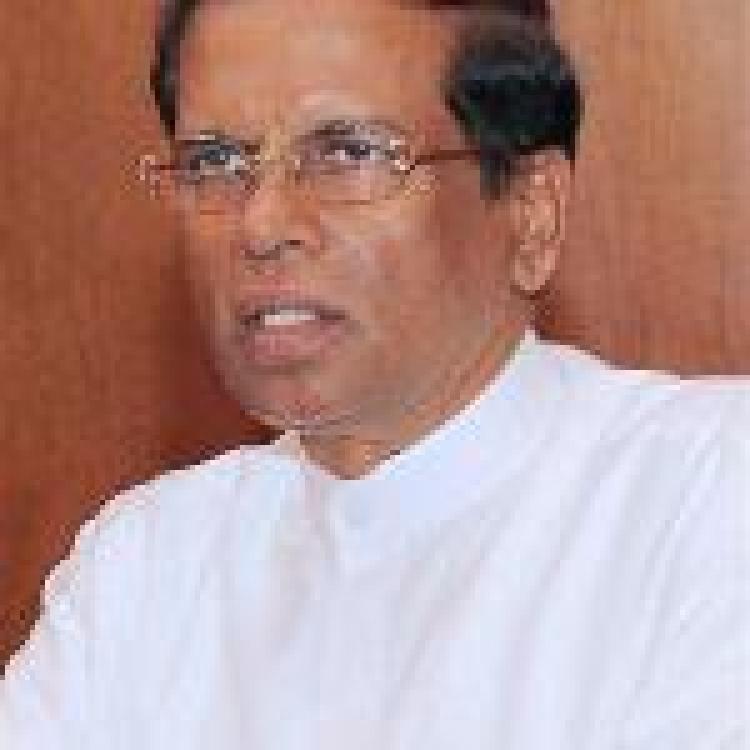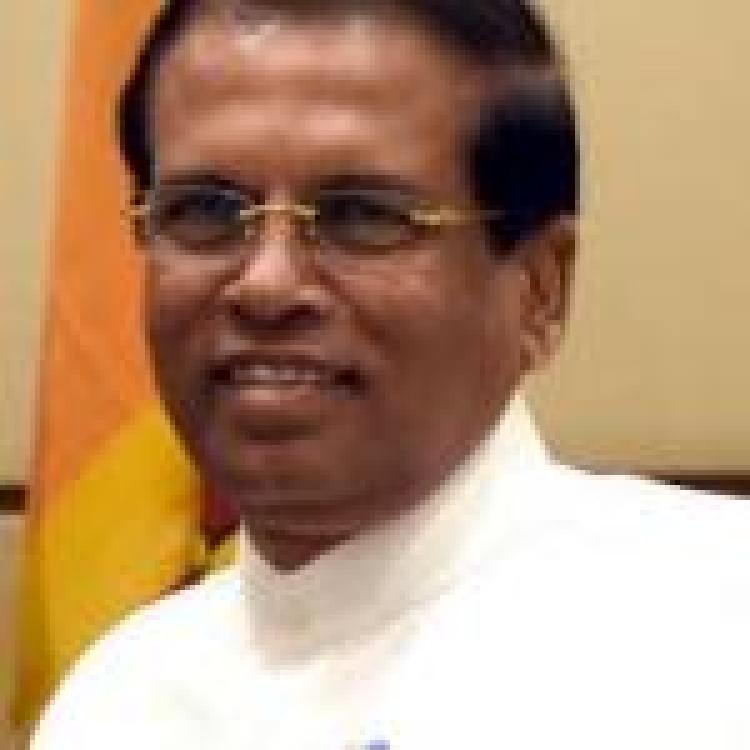<p>Sri Lankan Prime Minister, Ranil Wickremesinghe, has introduced a bill to abolish the death penalty in the lead up to the execution of four drug convicts.</p>
<p>The proposed bill would abolish the death sentence in the future and commute the sentences of those already on death row to life imprisonment. The bill was introduced to parliament on Thursday and will take a vote in 14 days if no one challenges it will pass.</p>
<p>This, however, is unlikely as President Sirisena is a vocal opponent claiming that those who oppose executions oppose building a decent county. The Washington Post further reports that Sirisena has described narcotics as “the root cause of all other major crimes” and he views the decision to execute prisoners “for the betterment of future generations”.</p>
<p>Sirisena has claimed that his position was influenced by what he views as Philippine President Rodrigo Duterte's successful “war on drugs”.</p>
<p><strong>Read more here: <a href="https://www.tamilguardian.com/content/sirisena-wishes-replicate-duterte…">Sirisena wishes to replicate Duterte's bloody war on drugs</a></strong></p>
<p>Sri Lanka’s stance on the death penalty has been widely panned by the international community. </p>
<p>The European Union has stated that if Sri Lanka moves towards implementing the death penalty it will be in contradiction with its commitments to the UN General Assembly to maintain a 43-year moratorium on the death penalty.</p>
<p>The EU has warned this may send the wrong signals to the international community and investors. Sri Lanka is currently a beneficiary of the GSP+ agreement with the EU which enables a preferential trade scheme but is dependent upon Sri Lanka fulfilling its commitments to human rights.</p>
<p>Wickremesinghe has stated that he opposes the death penalty and the under the coalition government Sri Lanka supported a UN resolution for a moratorium on the death penalty in 2016 and 2018.</p>
<p>The Sri Lanka government has not had formally hanged a prisoner since 1976 even though courts routinely pass death sentences.</p>
<p>Read more <a href="https://www.washingtonpost.com/world/asia_pacific/sri-lankan-lawmaker-m…">here.</a></p>
We need your support. Every contribution counts.
Sri Lanka is one of the most dangerous places in the world to be a journalist. Tamil journalists are particularly at threat, with at least 41 media workers known to have been killed by the Sri Lankan state or its paramilitaries during and after the armed conflict.
Despite the risks, our team on the ground remain committed to providing detailed and accurate reporting of developments in the Tamil homeland, across the island and around the world, as well as providing expert analysis and insight from the Tamil point of view
We need your support in keeping our journalism going. Support our work today.









